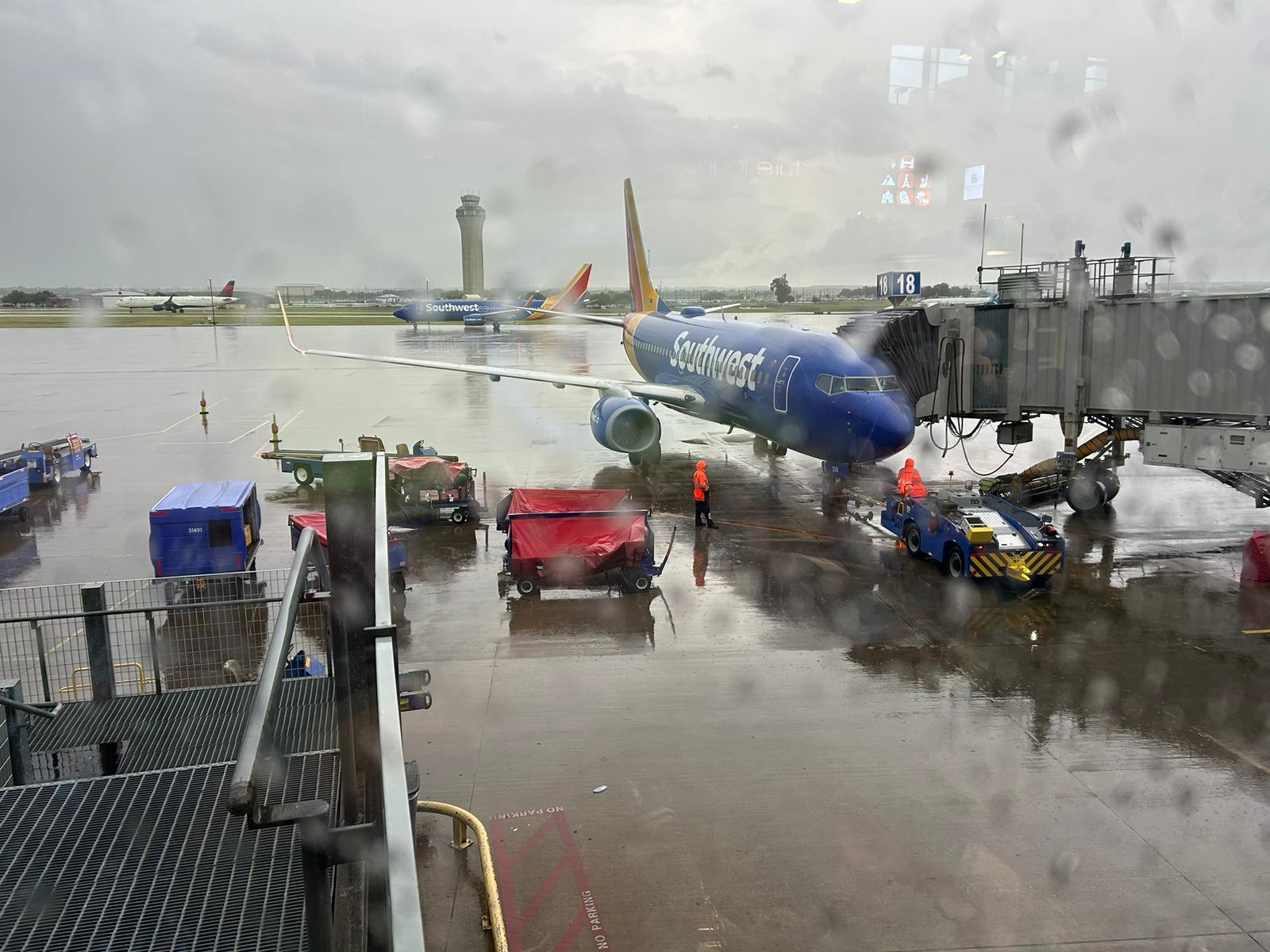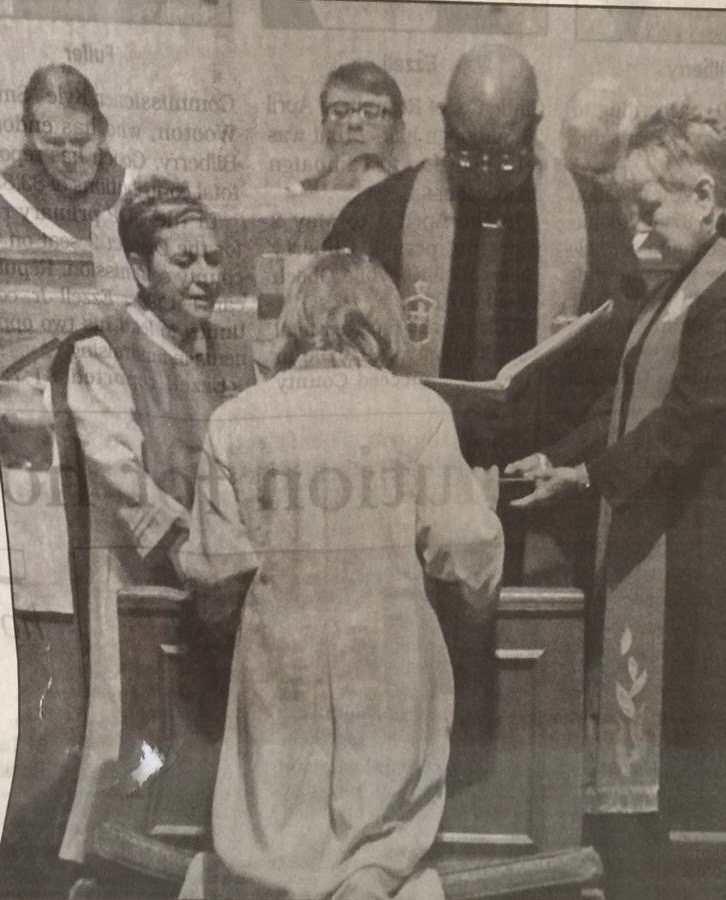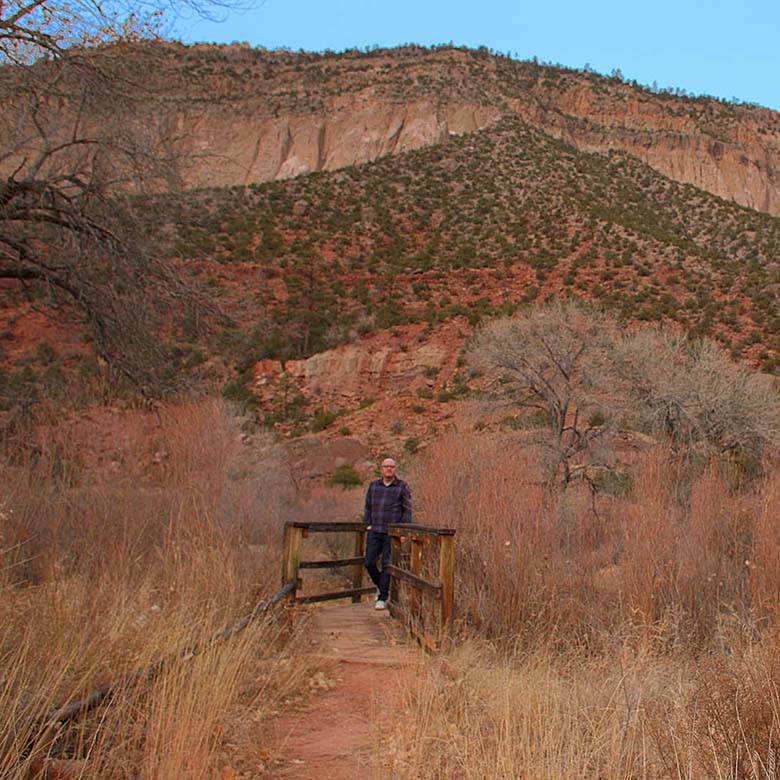
It Is What It Is
I am excited to announce that last week, I was on a real vacation! What I mean by a real
vacation is this – this particular trip had nothing to do with my profession nor was it
tacked on to a work-related trip, I did not take work-related projects to complete rather a
silly romance novel I found for $5.00 at the local bookstore, and best of all I had zero
access to the internet. There was plenty of food and merriment, relaxation pools,
entertainment, and quality time with family, so I was well taken care of.
This trip however, did come with a few moments of shifting carefully-created plans and creating
new ones in the span of 30-minutes. You see, I was on a cruise originally headed into
what would be a category 4 storm named Beryl. The ports of call changed in a moment
to places I have been before. To top it off, it seemed that Beryl followed the cruise
itinerary only a few days behind us so, what was once a pleasant beach and Myan Ruin
location quickly became a pile of dismantled chairs and fruit stands. To those of us on
the ship, this was a minor inconvenience in relation to the devastation felt by the people
in Beryl’s wake.
On the return flight, we had another minor inconvenience. Our connecting flight was
delayed by approximately 5-hours due to yet another storm, rerouting of planes, a fuel
reload, and crew changes. This put us home and in our own beds back from the
pleasant original time of 6:00pm to 12:30am. Again, a minor inconvenience in relation to
the airport staff and airline reorganizational stress that was happening behind the
scenes as we lounged in our chairs drinking soda and eating chips.
Throughout the trip – including the last handful of hours waiting patiently in the airport
for our flight along with 160 other Albuquerque-bound travelers – I took note of how
people respond to moments of stress and change. Some, not so well as displayed by
how they chose to speak to their traveling companions and airline staff, and others
seemed to go with the bumps with ease as displayed by smiling faces and offers to
assist parents with overly tired and hungry children. Now, If I am being honest with
myself and all of you, I would say I am somewhere in the middle regarding my stress
response and I will leave it at that!
In both the cruise change of itinerary announcement and the airport situation, I heard
possibly the most dismissive comment known to the English language uttered again and
again – “It is what it is.” This phrase, to me, is not helpful and does not share empathy
to those whom change is difficult for. I remember my mother once commenting
sarcastically on this phrase saying, “It is what it is – It ain’t what it ain’t!”
Travel can be stressful event to the most experienced travelers among us. Life can be
stressful even to the most experienced among us. In this vein, I believe language to be
important. I believe self-awareness and the understanding that we don’t understand
what others are experiencing is important. In life’s most stressful moments, let us watch
our language, let us embody self-awareness, and let us not be dismissive to ourselves
or to others.

Passing The Torch
This is my absolute favorite photo of my ordination. The photo itself is from the local town
newspaper where I was ordained. The photo is a little grainy and the details are difficult to make
out, which is one of the many reasons this is the photo I have framed in my office.
When I look at this photo, I am reminded of not only the day I was ordained, but I am reminded
of the somewhat grainy and gritty process I took towards that day. I am reminded as well of the
somewhat grainy and gritty place where I was kneeling when United Methodist Bishop, Cynthia
Fierro Harvey, placed her hands on my head. I remember how her hands felt, the shoes she was
wearing, and the smell and feel in the air of the sanctuary where we gathered on this hot summer
Saturday afternoon.
Today, as the anniversary of my ordination approaches, I am reminded of the importance of not
only sharing the grainy and gritty knowledge we have gained on our ministry journeys with
others, but the vital tradition of passing the torch concerning that which we have learned about
ourselves and the leadership positions we have held – the mountain-top experiences, the
growing-edge type of experiences, and everything in-between. This transition of leadership
privilege and knowledge ensures the continuity, growth, and vitality of the church but, it’s
complicated, isn’t it?
We place so much of who we are and our worth in the work that we do, and we often forget the
importance of leaving a place or leadership role in the hands of the generation of leaders who
follow us. We forget that our worth is not tied up with titles or positions, rather how we treated
people and the lessons we gained while holding those roles. Without the passing of the torch and
holding true to who we are as individuals, we are left with gaps in our systems of institutional
leadership, which leads to institutional and personal resentment.
So, I leave you with this – What is your story of grainy and gritty ministries? When was the last
time you shared your story? What does passing the torch look like in your life?

Its Mental Health Awareness Month–Now What?
Navigating Clergy Mental Health: Insights for Mental Health Awareness Month
As we delve into Mental Health Awareness Month this May, it’s imperative to shine a light on
the often-overlooked aspect of clergy mental health. Beyond the serene facade, we as clergy
members often grapple with a myriad of mental health challenges, ranging from anxiety and
depression to struggles with personal relationships and self-care. The statistics paint a sobering
picture, revealing the profound impact that the demands of pastoral ministry can have on our
well-being.
According to data from the Duke Clergy Health Initiative, Wespath Benefits and Investments,
and the Center for Disease Control, anxiety rates among clergy stand at a staggering 13.5%,
significantly higher than the general population’s 4.2%. Depression, too, rears its head with
alarming frequency, affecting 23% of clergy compared to the standard 8.6% reported by the
CDC. What’s even more concerning is that over 8% of clergy grapple with both depression and
anxiety simultaneously.
Perhaps one of the most poignant revelations from the research is the prevalence of personal
challenges faced by clergy members. Shockingly, one in six clergy members leave the ministry
annually, highlighting the toll that the profession can take on individuals. Moreover, the high
rates of divorce, lack of meaningful hobbies outside of the church, and difficulty in fostering
close friendships paint a picture of isolation and emotional strain.
These numbers underscore a harsh reality: we, as clergy members, are not immune to the trials of
mental health. In a world where mental health is still stigmatized and misunderstood, it’s crucial
to recognize that we are not exempt from these struggles. Our mental health impacts not only our
personal well-being, but also our ability to effectively serve our congregations and communities.
Ignoring these challenges only perpetuates a cycle of suffering and disconnection.
So, what can we do to support our mental health during Mental Health Awareness Month and
beyond? First and foremost, we must foster open conversations about mental health within our
religious communities. By destigmatizing mental illness and encouraging one-another to
prioritize our well-being, we create an environment where seeking help is seen as a sign of
strength rather than weakness.
Additionally, researching and utilizing mental health resources and support networks is crucial.
Whether it’s through counseling services, peer support groups, training programs on self-care and
boundary-setting, or retreats, investing in our well-being is an investment in the health of our
communities.
As we embark on this journey of intentional awareness and advocacy, let us remember that we,
as clergy members, are human beings with our own struggles and vulnerabilities. This Mental
Health Awareness Month, let’s commit to shining a light on clergy mental health and working
towards a future where no one suffers in silence.

Free Moon Pies!
Last Monday, I had the opportunity to view the eclipse in Dallas, TX with a group of clergy
leaders from various parts of the southern region of the United States. The event was met with
great optimism despite the cloud coverage was predicted to be great, with little chance of a clear
view of this celestial event. As is the case with so many unpredictable and uncertain
circumstances, the cloud coverage seemed to only be earlier in the day, and the eclipse showed
itself around 1:40pm with all the grandeur and joy we were each promised. The moment was
even greeted with the song Total Eclipse of the Heart playing loudly from speakers in the area
and Moon Pies freely distributed. What a day!
It would be easy for me in this moment to wax and wane in an attempt to compare the eclipse to
our lives in ministry. To say things like, “In essence, while an eclipse may symbolize temporary
darkness and disruption, it also represents the cyclical nature of change and the potential for
renewal. Likewise, the challenges faced by clergy during uncertain times can be seen as
opportunities for personal and spiritual growth, ultimately leading to a deeper understanding of
their role and a stronger connection to their communities.” But, this is not how I authentically
experienced this extraordinary event. What I experienced was awe – and an awe that I was able
to experience in a community I choose to share this particular day and this particular moment
with. Perhaps it’s as simple as that.
I believe this is the gift of extraordinary events – events that give us the sense of awe and joy,
laughter and the sharing of nostalgic music and moon pies.
So, take time today to open yourself up to experience the extraordinary gift of community and
awe, perhaps even a moon pie.
With gratitude, Kelly
Photo Credit: Jeff Blaylock

Tell Me a Story
Dear Chrysalis Friends,
As we find ourselves winding down from the hustle and bustle of our most sacred
seasons, I wanted to take a moment to reflect on the importance of finding rest and
solace, even in the busiest of times. It’s during these periods, filled with various
obligations and commitments, that we often forget to pause, breathe, and seek the
rejuvenation that rest offers.
In the midst of our fervent activities, it’s crucial to lean on the support of our friends and
fellow colleagues. Friendship is not merely a luxury but a necessity, especially during
times when our spiritual and emotional reserves may be running low. Let us remember
the beauty of keeping covenant with one another, standing by each other’s side through
the ups and downs of live, offering comfort, encouragement, and solidarity.
With that said, I wish to emphasize the profound significance of sharing our stories with
one another. Our journeys are not always paved with laughter, joy, and success; often,
they are fraught with challenges, setbacks, and moments of darkness. Yet, it is in the
sharing of these stories—whether they have found resolve or not—that we find
connection, empathy, and understanding. Each narrative, each experience, contributes
to the rich tapestry of our collective faith.
In light of this, I am excited to introduce you to the “Tell Me A Story” project—a venture
dedicated to collecting and sharing stories from clergy about their mental health
journeys. Mental health is a topic often shrouded in silence and stigma, particularly
within religious communities. Through this project, we aim to break down barriers, foster
open dialogue, and provide a platform for clergy to share their triumphs, struggles, and
reflections on mental wellness.
I encourage each of you to consider participating in this initiative by submitting your
mental health journey to [email protected] – 500-2000 words. All stories will
be included in a final book collaborative project. Together, let us create a space where
vulnerability is welcomed, where stories are honored, and where healing is nurtured.
May we all find moments of rest and rejuvenation amidst the busyness of our Holy
Seasons. May our friendships grow deeper, our covenant stronger, and our stories
richer through our shared journey of faith.
With warm regards and blessings,
Kelly

After the Wind, After the Earthquake, and After the Fire
Thanks to a generous grant from the New Mexico Annual Conference Endowment Committee, Chrysalis Counseling for Clergy (Chrysalis Consulting Center for Clergy) is proud to announce a new initiative for clergy health and wholeness: After the Wind, After the Earthquake, and After the Fire.
After the Wind, After the Earthquake, and After the Fire is a monthly worship service planned around the need of clergy to simply worship. This initiative for clergy health and wholeness takes its name from the story of Elijah on Mt. Horeb. In that story spectacular things happened, one right after another: wind, earthquake, and fire. However, God wasn’t in those things. Instead, God is in the sound of silence that follows.
Knowing that clergy are under tremendous amounts of pressure, and that sometimes the sheer effort of leading worship can add to that stress, Chrysalis seeks to offer a monthly opportunity for clergy simply to sing, pray, and be filled, rather than being poured out. Nothing will be asked of clergy “to do,” except to be present and to engage.
Upcoming Location & Dates
El Vado Motel Conference Center
2500 Central Ave, SW ABQ NM 87104
January 15th, February 19th, March 19th, April 16th, May 21st, June 18th
For more information, directions, and follow up questions, please email:
[email protected] or [email protected]
Currently this model is being explored in the Albuquerque area. Chrysalis hopes to duplicate the model in other areas of the New Mexico Annual Conference.
Learn More

